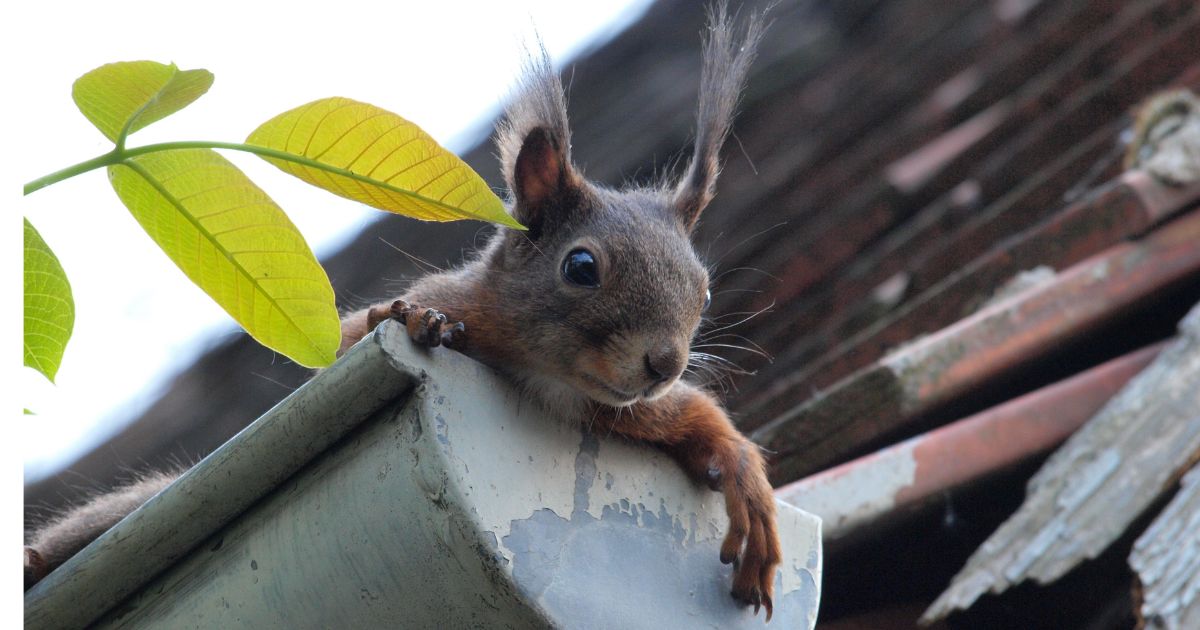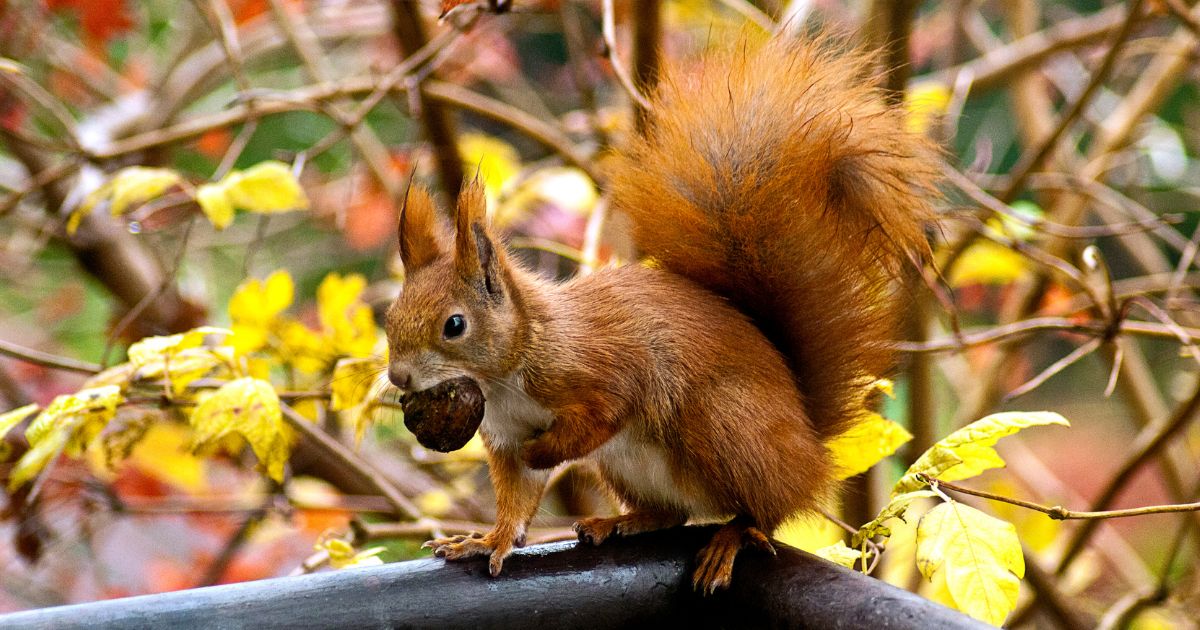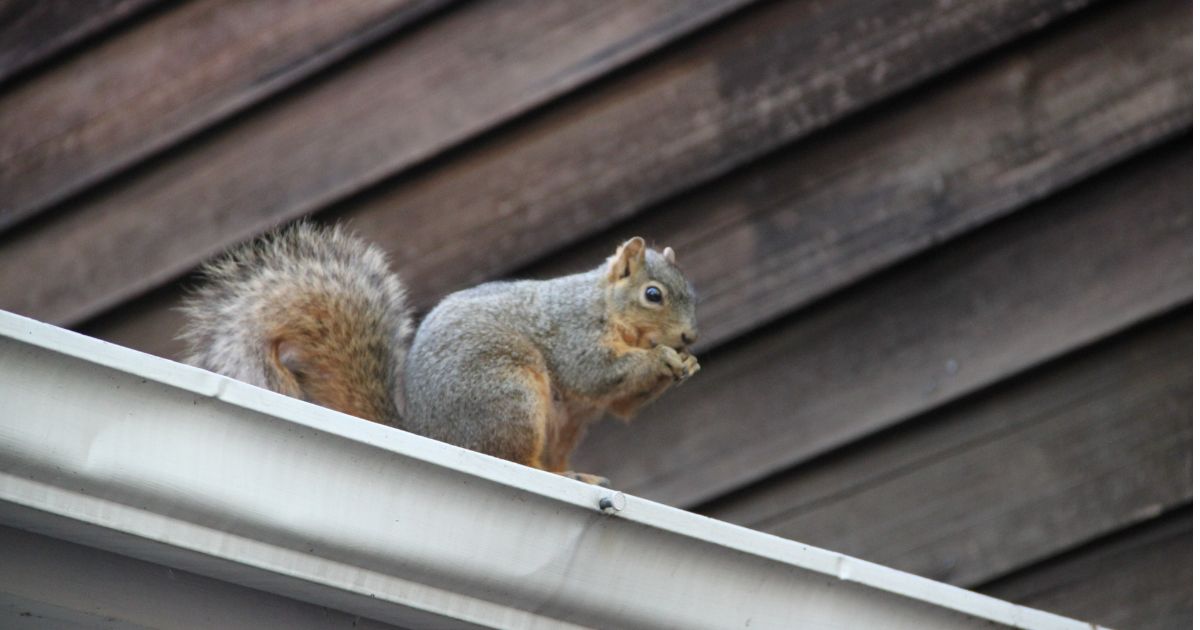Squirrel-Proof Texas Home Tips: Effective Strategies to Keep Your Home Critter-Free
Squirrels can be charming to watch, but they often create many problems when they invade homes, especially in Texas, where they thrive.
Effective prevention strategies can keep these agile creatures away from your property, ensuring a peaceful coexistence. Homeowners can benefit from understanding specific methods to squirrel-proof their homes, especially if they enjoy outdoor spaces.
Numerous approaches are available, from securing trash cans to using squirrel repellents. Observing squirrels’ habits and access points can reveal simple solutions, such as sealing potential entryways and removing food sources. Identifying successful tactics is essential for those looking to protect their homes.
By being proactive, homeowners can take control of their environments and minimize disruptions caused by these persistent visitors. With the right techniques, creating a barrier that effectively reduces the chances of squirrel infestations is possible. However, ongoing squirrel problems require the work of a professional squirrel removal company.
Assessing Your Home for Vulnerabilities
Assessing potential entry points and areas of vulnerability is crucial to effectively squirrel-proof a Texas home. This proactive approach helps identify where squirrels may gain access and how to reinforce those areas.
Roof and Attic Inspections
A comprehensive roof and attic inspection is essential. Squirrels can exploit even the smallest gaps. Homeowners should look for:
- Damaged shingles that may create openings.
- Cracks and holes around vents or chimneys.
- Gaps in eaves, which can serve as an entry point.
One can examine the attic for nesting signs or droppings using a flashlight. Sealing any holes with materials like steel mesh can effectively deter these pests. Regular maintenance also plays a vital role, as worn areas can allow for easy access.
Gardens and Trees Evaluation
Gardens and trees near the home can attract squirrels and provide accessible pathways. Homeowners should consider these points:
- Tree branches that overhang the roof can act as bridges for squirrels. Trim branches back at least 6-8 feet from the roofline.
- Bird feeders and pet food left outside can be significant food sources. Placing feeders away from the home and using squirrel-proof designs can minimize attraction.
- Mulch and shrubs should be kept tidy, eliminating potential hiding spots.
Regular inspection of the yard for these attractants can significantly reduce squirrel activity.
Exterior Walls and Foundations Check
Exterior walls and foundations can also be entry points. Homeowners should carefully inspect for:
- Cracks in the foundation that may allow access to basements or crawl spaces.
- Loose siding or panels that squirrels can pry open.
It is advisable to fill in gaps with a caulking gun and a high-quality sealant. Installing metal flashing can prevent squirrels from entering vulnerable areas. They should also check for vents and utility lines and ensure they are appropriately screened to eliminate access points.
By addressing these specific areas, homeowners in Texas can significantly improve their chances of preventing squirrel invasions.
Effective Squirrel Deterrence Strategies

Implementing effective strategies to deter squirrels can significantly protect homes in Texas. These methods include repellents and establishing physical barriers, which are essential for minimizing squirrel activity.
Use of the Repellents
Repellents can be an effective option for keeping squirrels at bay. Many commercially available products contain ingredients like predator urine, which can disturb squirrels and make the area feel unsafe. Additionally, capsaicin, derived from hot peppers, is known to discourage feeding behaviors.
A homeowner might consider applying repellent sprays around entry points, gardens, or bird feeders. Consistency with application is vital, especially after rain. It is essential to follow the manufacturer’s instructions precisely for best results. Some homeowners opt for natural alternatives such as essential oils, like peppermint or citrus, which can also repel squirrels due to their strong scents.
Physical Barriers and Exclusions
Installing physical barriers is one of the most effective ways to prevent squirrel access. It is crucial to inspect the home for openings; even small cracks can allow entry. Any gaps should be sealed with durable materials like metal mesh or hardware cloth.
Exclusion devices can be installed around vents, chimneys, and rooflines to keep squirrels out. In gardens, using raised beds and fencing can deter digging and feeding. Strategic placement of bird feeders away from the house also minimizes attraction. Implementing these barriers protects the home and prevents potential damage caused by squirrels.
For persistent issues, homeowners may consider seeking professional squirrel removal services. These experts can provide tailored advice and ensure thorough removal and prevention measures are in place.
Maintenance and Monitoring

Regular maintenance is essential for keeping squirrels out of a Texas home. A proactive approach can significantly reduce the risk of infestation.
Key Maintenance Tips
- Inspect Entrances: Regularly check foundations, eaves, and rooflines for gaps. Squirrels can enter through small openings.
- Seal Gaps: Use materials like caulk or metal mesh to seal any identified gaps. This creates a barrier against squirrel entry.
- Trim Trees: Maintain tree branches so they don’t extend over rooftops. Squirrels use these branches to access roofs.
Monitoring Techniques
- Regular Inspections: Conduct inspections at least twice a year. Look for signs of squirrel activity, such as droppings or nests.
- Install Cameras: Consider setting up motion-activated cameras around key entry points. This will help you monitor for squirrels without direct observation.
- Document Findings: Keep a maintenance log detailing inspections and any measures taken. This provides a clear record for future reference.
Implementing these practices ensures effective Texas squirrel control. Regular upkeep helps maintain a squirrel-proof environment.
Critter Stop has a fantastic reputation for high-quality work and great customer service. For a free inspection, call Critter Stop at (214) 234-2616 to solve your wildlife or pest removal concerns effectively.







